Learning at TIAS sparks transformation
At TIAS, learning is more than acquiring knowledge. It is about expanding how you see, think and act. You develop new perspectives on complex situations and turn insights into decisions that create visible and lasting impact for your team, your organization and society.
TIAS Business School. Expand your perspective
:quality(90))
:quality(90))
:quality(90))

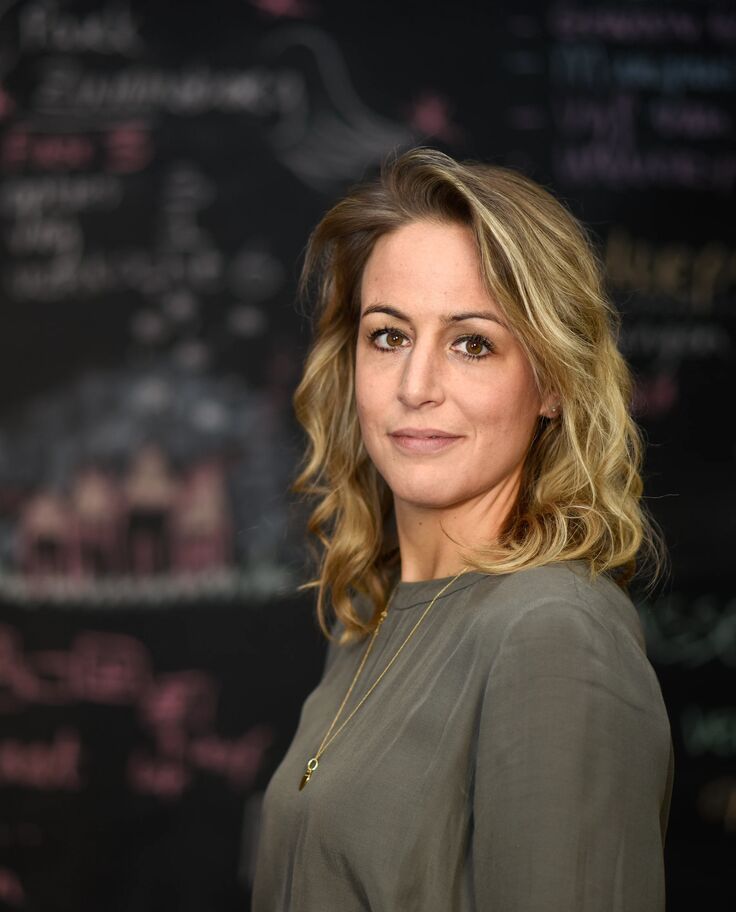
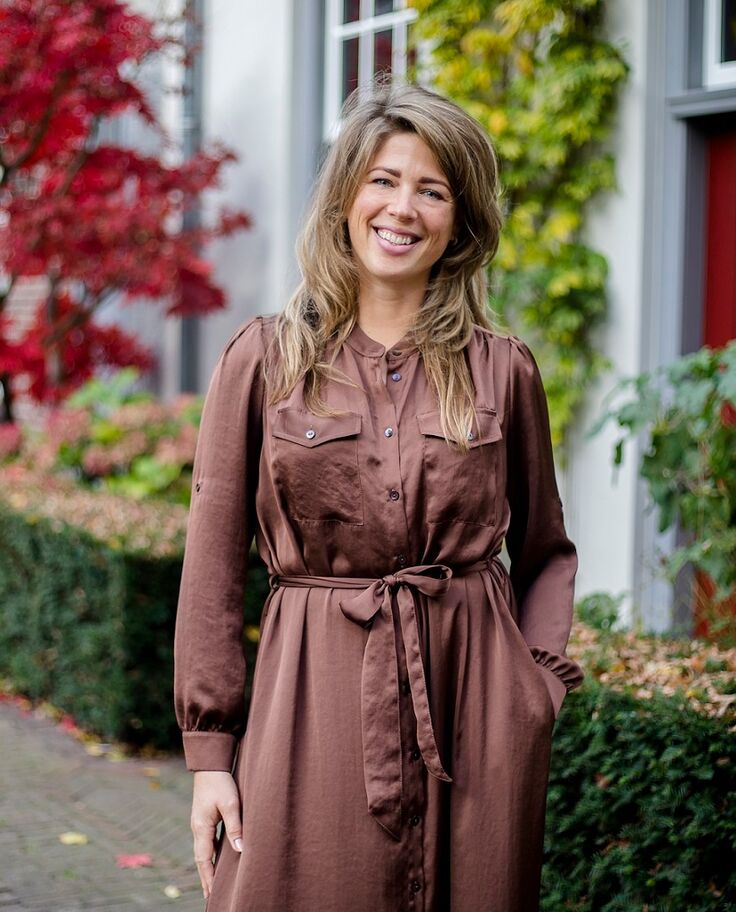
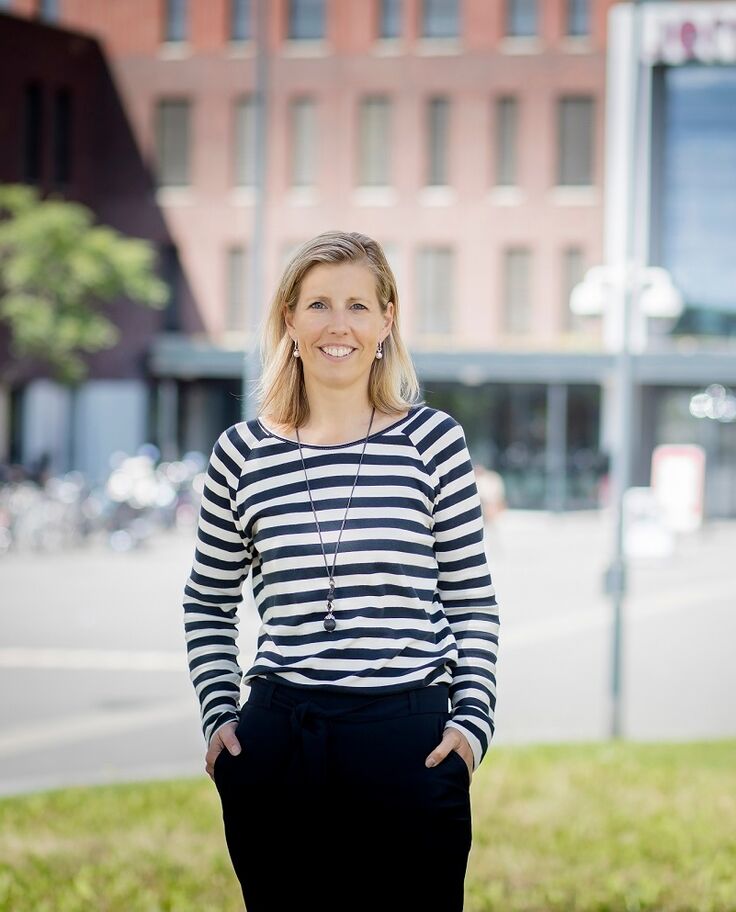
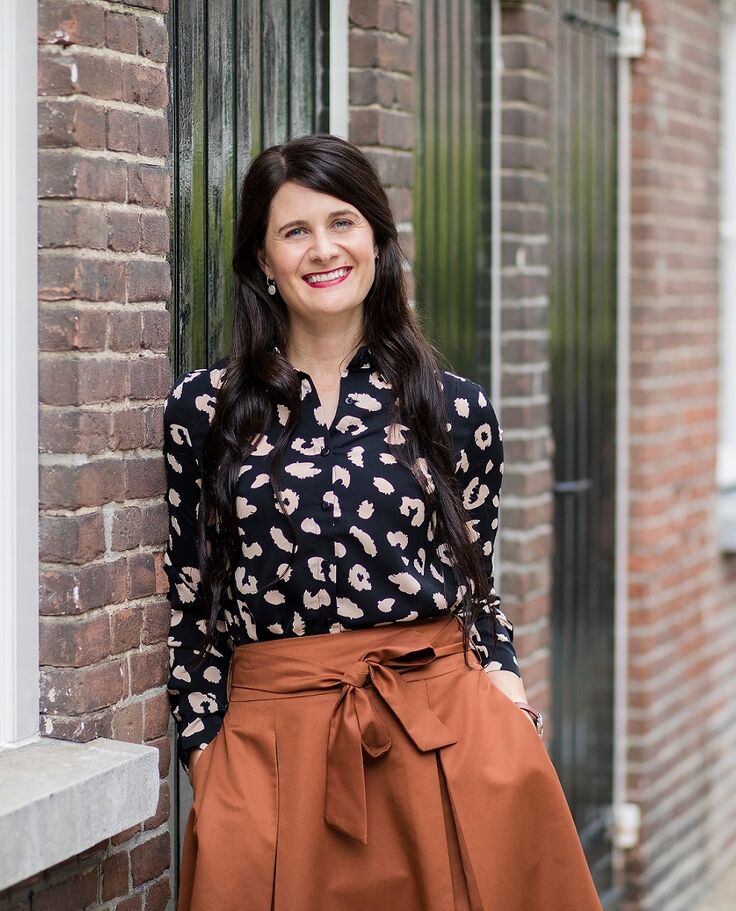
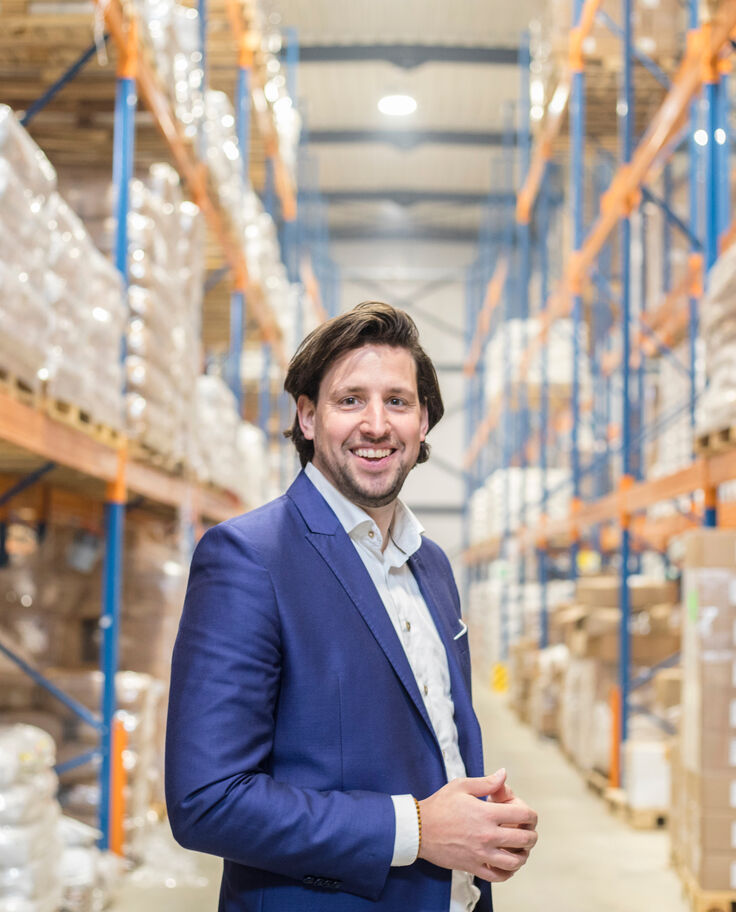
:quality(90))
:quality(90))